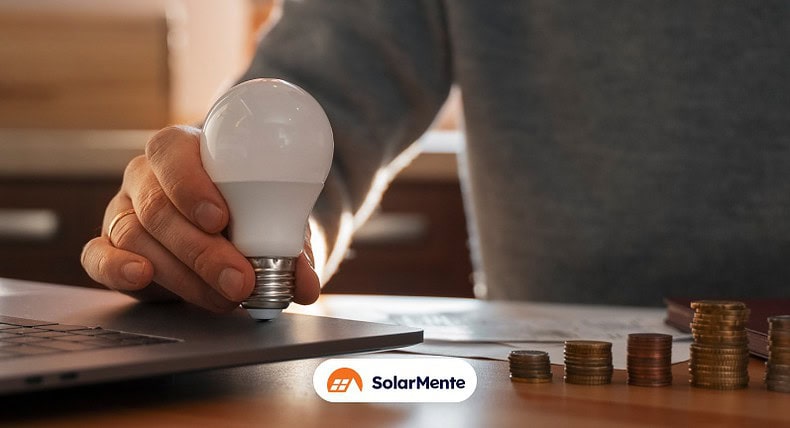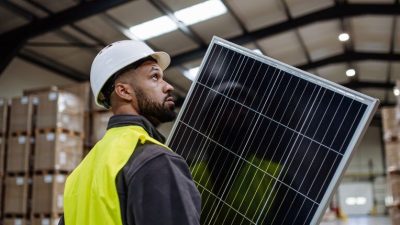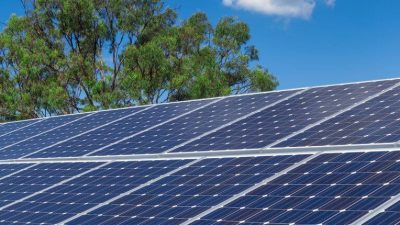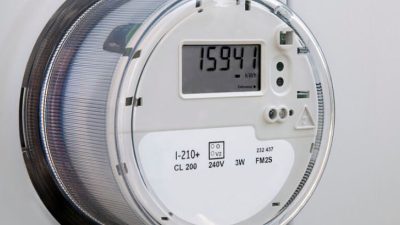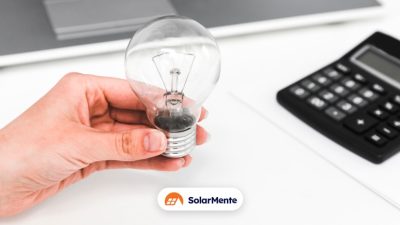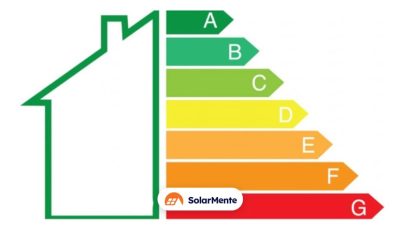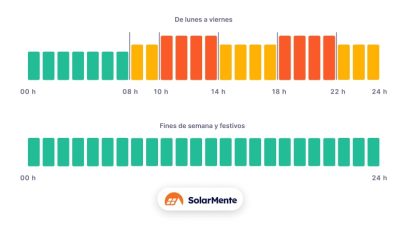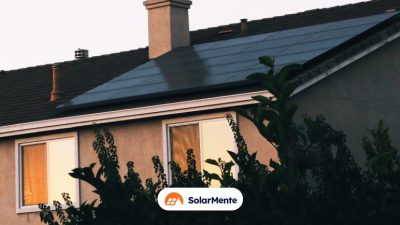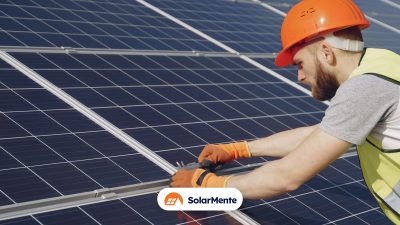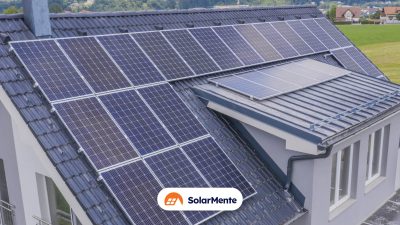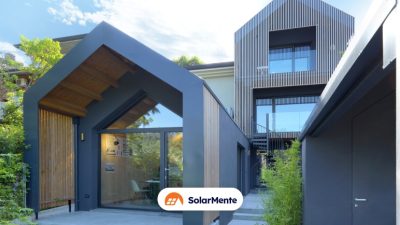The main reason why many people are turning to solar energy is to save on their electricity bills.
For one simple reason: price volatility.
More and more households are no longer willing to depend on high costs and worry about how much they will spend on electricity next month.
But, could we stop paying for electricity if we install solar panels?
That’s what we tell you in this post.
In addition, we are going to explain in which cases we could eliminate 100% dependence on the conventional grid.
Do I still have to pay for electricity if I install solar panels on my roof?
In most cases, you do need to continue paying for electricity to your electricity supplier, even if you install solar panels on your roof.
But be careful, the amount is greatly reduced. The saving on your monthly bill is at least 50%.
Of course, you can opt for total independence from the conventional grid.
And this depends on the type of installation you choose.
We explain below.
If it is an isolated installation
Off-grid installations are usually found in geographical areas where access to electricity is complicated or almost non-existent, outside population centres.
As a general rule, these homes need to install solar panels in order to have electricity for domestic use: lighting, electrical appliances, domestic appliances, etc.
But it can also be by choice.
If you are looking to eliminate absolute dependence on the grid and not pay your electricity company, you have the option of choosing an off-grid installation.
In this type of system you will need to have solar batteries.
But the most important thing, so that you can become fully independent, is to have a climate with many hours of sunshine.
In this way, your photovoltaic panels will be able to generate as much energy as possible and the accumulators will be in charge of storing it to consume it when there is no more sun.
This is the only way to have energy if you are not connected to the electricity grid.
That is why it is important to have enough sunlight. Otherwise, the modules will not work and we will be without electricity.
And here we would like to give you a tip: it is not advisable to completely disconnect the installation from the conventional grid, even if we are talking about passive houses.
This way, you will always be able to count on back-up energy and ensure that you have electricity in case of any incident.
Because the amount of energy generated must be abundant to cover any problem, bear this in mind.
In fact, you should make the following calculations:
-
Power required.
-
Dimension of the installation.
-
What your energy needs are.
Before making a decision, evaluate these factors.
If you are not sure what you need for your home, you can start here.
If it’s a grid-connected installation
Now, if you decide to be connected to the grid, you do have to pay for electricity even if you have solar panels.
However, as we mentioned in previous sections, the costs before and after a self-consumption installation are not comparable.
In fact, this modality is the most common in both homes and businesses.
How does it work?
Well, during daylight hours your solar panels produce energy and supply your home and, when you do not have the sun, you will make use of the electricity grid for your domestic consumption.
This ensures that you always have the necessary supply.
And in this type of photovoltaic installations we can opt for the compensation of surpluses, either:
-
Simplified: the surplus energy produced by your solar panels is fed into the grid and you receive money from the electricity company until the variable part is zero.
-
Without simplified compensation: you sell the electricity at the current market price. You can formalise a representation agreement in the electricity market or register as a producer in the Administrative Register of Electricity Production Facilities(RAIPEE). Either option brings with it the fiscal and tax obligations of an economic activity.
In short, although you continue to pay the distributor, the cost of your bill is reduced by half, your dependence on the companies is reduced and you are assured of always having electricity, come what may.
Is it worth disconnecting from the grid if I have solar panels?
You can disconnect from the grid and be totally self-sufficient in energy generation.
We know that not paying the electricity companies is a big plus, plus the energy we produce is clean.
But it has its limitations and, for this reason, we do not recommend disconnecting 100%, even if you decide to install solar batteries.
At any moment you can suffer a breakdown in your photovoltaic system and, if you are not connected to the grid, you will not have access to it.
The cost of a grid-connected installation versus an off-grid installation still makes a significant difference.
In the end, the most important thing is to install solar panels first and see:
-
The yield.
-
The savings generated.
-
The prices of solar batteries.
-
The implication of changing habits in energy savings.
After that, you decide which option to choose.
Reduce your electricity bill with solar panels and pay less every month.
Total disconnection from the electricity companies may be the most attractive option because, if you install solar panels, you will no longer have to pay for electricity.
But it is also necessary to consider the implications of disconnecting completely.
And, for this very reason, we must first assess the different options we have on the table.
Because being connected to the grid, even if you pay your company, allows you to save more than 50% on electricity with the guarantee of producing clean energy and reducing energy from fossil fuels.
In addition, the payback period can be shortened thanks to the following:
-
State subsidies for self-consumption.
-
Regional tax incentives.
Whether it is a connected or isolated system, it is important to choose a solar energy company that guarantees a correct installation and accompanies you throughout the process.
You can request a free study with us at this link.
And we will analyse how much you can save per month with your solar panels.

